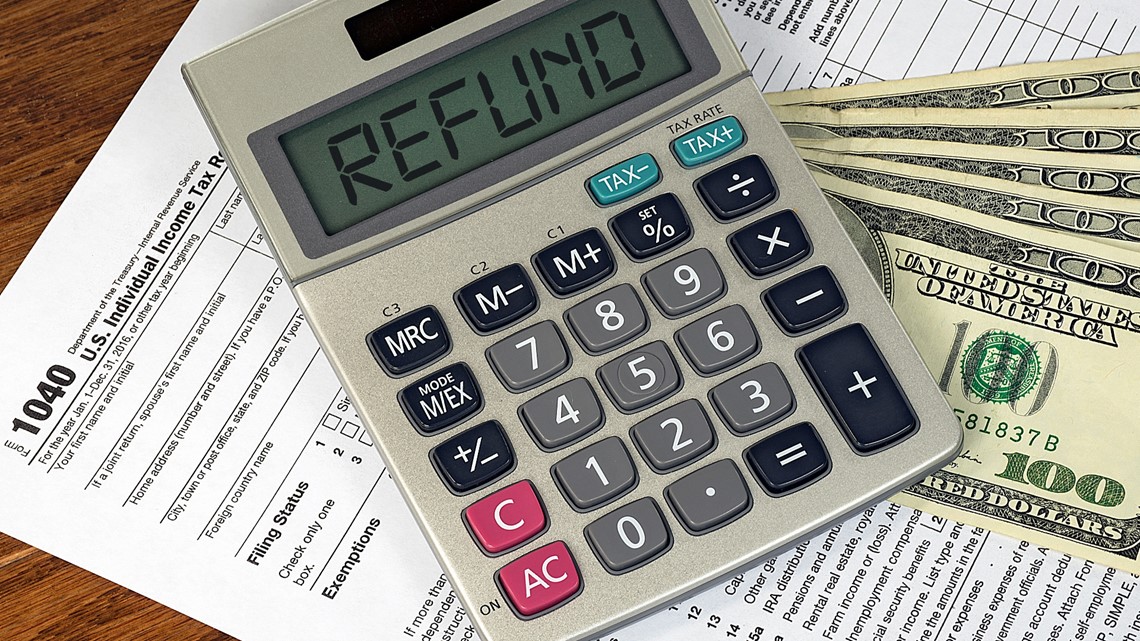As the 2024 tax season unfolds, a sense of anticipation sweeps across the nation as many Americans hope for larger tax refunds, projecting a possible 10% increase compared to the previous year. The Internal Revenue Service’s (IRS) adjustments in response to inflation are expected to play a pivotal role in enhancing refunds for specific individuals, setting the stage for an intriguing tax season.

Photo from Google
Inflation-Driven Boosts: Insights from Tax Experts
Mark Steber, Chief Tax Information Officer at Jackson Hewitt, sheds light on the potential windfall, citing the IRS’s 7.1% increase in tax brackets and standard deduction. These adjustments are anticipated to favor certain taxpayers, especially those whose incomes have lagged behind inflation. With the median worker’s 5.5% earnings increase falling short of this adjustment in 2023, middle- and lower-income workers are poised to benefit with larger refunds.
Despite the overall positive outlook, the landscape of tax refunds in 2024 won’t be uniform. The surge in side gigs to offset rising costs in the previous year could result in more taxpayers owing taxes this time, particularly for those who did not pay quarterly self-employment taxes. This dynamic introduces potential disparities in refund outcomes based on individual financial strategies.
Certain groups, however, stand to gain from expanded tax credits and deductions. Homeowners who leveraged expanded home energy tax credits and low-income families with children, benefiting from the expanded Earned Income Tax Credit, are expected to experience positive impacts on their tax refunds. This highlights the intricate interplay between tax regulations and individual circumstances.
READ ALSO: IRS Launches ‘Simple Notice Initiative’ To Simplify Taxpayer Correspondence
Challenges and Considerations: Social Security Beneficiaries and Tax Thresholds
While there is hope for higher refunds, Social Security recipients might experience something different. There is a problem with the Social Security benefit tax threshold, which hasn’t changed since 1984. This disparity may result in higher tax loads for this group as other components of the tax system adjust for inflation, highlighting a complex feature of the entire tax environment.
The upcoming tax season, set to kick off on January 29 and closing on April 15 (with exceptions for Maine and Massachusetts until April 17), marks a crucial period for taxpayers to navigate the intricacies of the tax system. As individuals brace for the potential opportunities and challenges, the impact of inflation adjustments on tax refunds in 2024 remains a focal point of interest and attention for millions of Americans.

















































